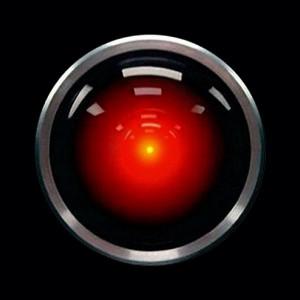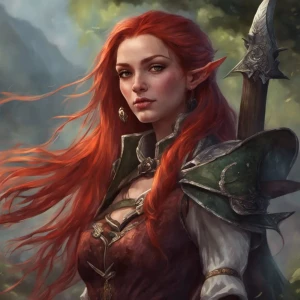Latest cinematic adaptation of the famous sci-fi novel written by Frank Herbert, Villeneuve's Dune contains at least three narrative lines that can be traced back to different dimensions. First of all the geopolitical aspect, which largely overlaps with the history of many colonizing European countries that subjugate other peoples to exploit the precious raw materials kept in their land (the spice on Arrakis, coltan in Congo). Then there is a second, more intimate component, which follows the evolution of the protagonist, Paul Atreides, son of Duke Leto and as such destined to take his place. In reality, the young Paul proves conflicted: is the legacy that awaits him really the right path for the future? “If your answer is no, you will still be what I wanted you to be: my son”, states the father laconically. His mother, on the other hand, has much clearer ideas and tries to convince him through her teachings. However, when Paul understands that there is a very specific plan for him, he feels helpless, a prisoner, a marble on an already marked path. He thus begins to question himself about free will, in particular about the impossibility of being truly free. On the other hand, this condition unites him with the Fremen, guardian people of the desert of Arrakis who see in him the long-awaited messianic figure. But he does not let himself be flattered, since, as happens in any form of religion, they "see what they were told to see". In short, Paul is searching for himself, for a place in the world, for an increasingly distant and elusive identity. Luckily for him, he will soon discover that there is no point in trying to understand everything about the world, but that you have to experience the world by letting yourself be crossed by it. Only in this way is it possible to transform randomness into destiny, one's own. Furthermore, a precise idea of the relationship with the environment that designates the third narrative level, which can be traced back to the traditions of the Fremen people, shines through in this philosophy. They too use the spice, but, like ancient South American civilizations, they do so for its magical and hallucinogenic powers, with veneration and a strong sense of spirituality, honoring the atavistic bond between human beings and nature. Conversely, the other houses represent the Bolsonaros, the Trumps, that is, the Western ideology of modern man who shapes the planet in his image and needs by imposing himself as the dominant species.
Evidently, this Dune offers many reading levels, albeit within the context of a fairly well-known and partly already seen plot, but where everything unfolds clearly, ensuring that even the dreaded "explanations" arrive at the right time, without being annoying. Of course, in the director's extraordinary filmography the film seriously risks earning last place, but after all we are talking about Villeneuve, an artist of such a superior level that even when he puts on flip-flops, shooting (perhaps) the weakest of his films , still gives us a great work, as always flawless from a technical point of view, even if less visionary than I expected. In this regard, I consider Lynch's representation of Harkonnen's Baron much more convincing, while Villeneuve's version is too calm in its brutality, too silent and brooding. In Lynch's film the villain flaunted his wickedness loudly and with ruthless joking, making him, in my opinion, even more evil and fearsome. On the other hand, the Stellan Skarsgård wrapped in prostatic makeup who wanders idly between the shots resembles, more than anything, a greedy uncle in the throes of typical postprandial drowsiness. Even worse, however, is Zendaya, who doesn't seem to have learned any new facial expressions other than the usual grimace in which the same three feelings are condensed at the same time, better known as Zendaya's three "s": challenge, disgust, superiority.<5 >
In conclusion, it is good to remember that any definitive judgment can only be postponed, since the film constitutes only the first part of what will hopefully be a trilogy. For now, the desire to return to the cinema is there. And that's fine.







